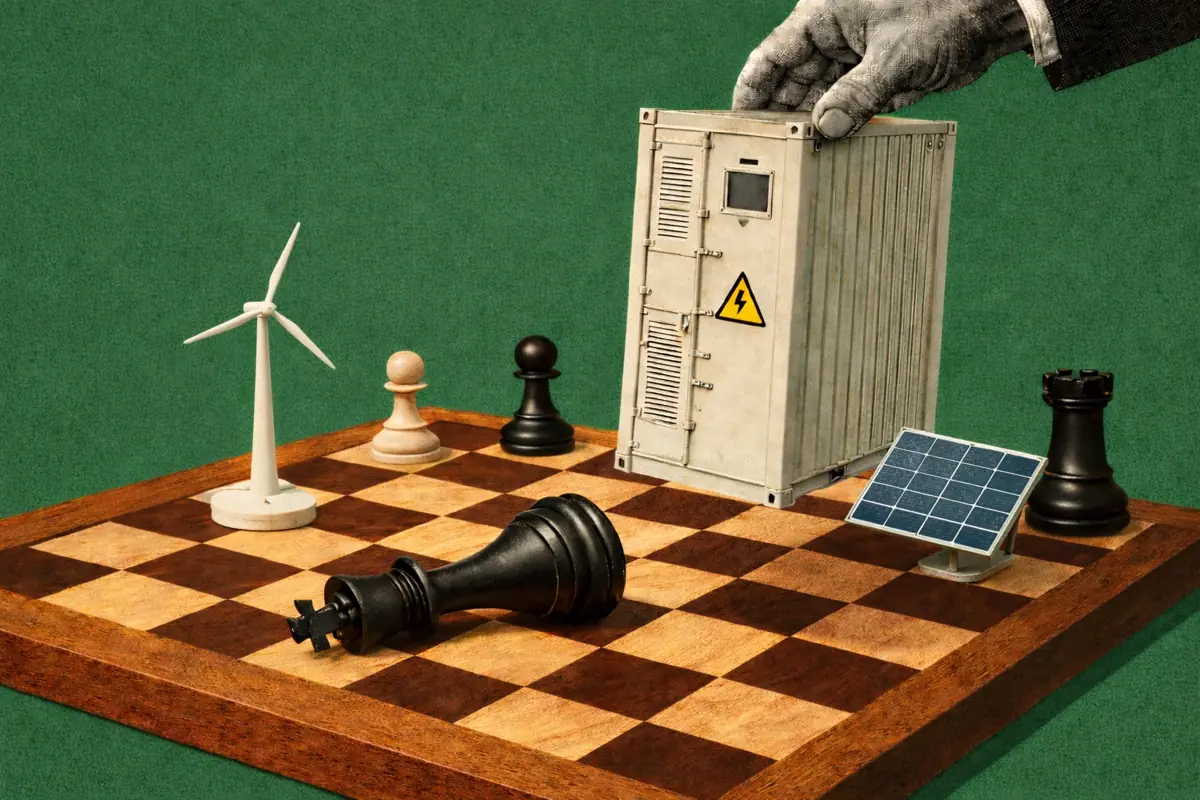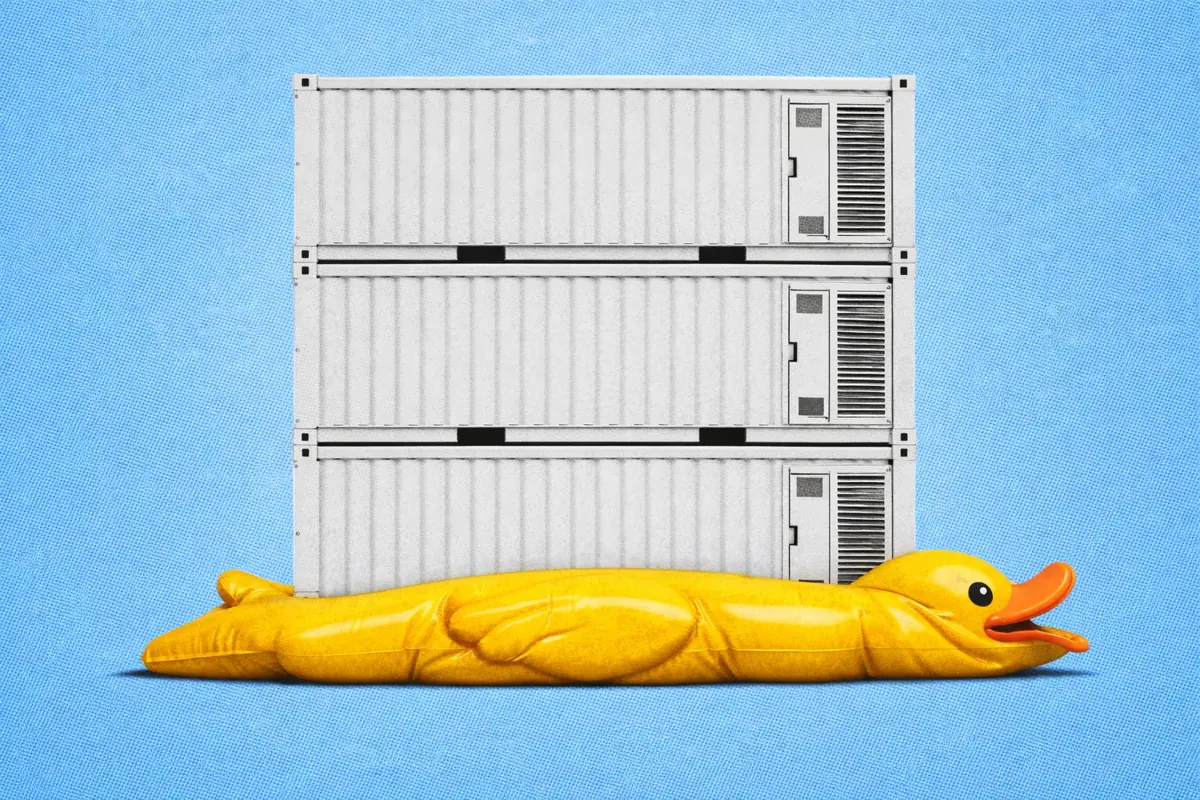Battery energy storage: revenues fall 40% in November 2023
Monthly average battery energy storage revenues fell 40% to £2.9k/MW in November. This is their lowest level since Modo Energy started tracking revenues in 2020. This is a significant reversal of the previous two months’ increasing revenues and comes following the launch of the Enduring Auction Capability on November 3rd.

- The £2.9k/MW average revenue is equivalent to £35k/MW/year.
- The average revenue for batteries under 1.5 hours in duration was £2.6k/MW. Meanwhile, the average for those over 1.5 hours in duration was £3.9k/MW.
What were the key factors that drove up revenues in November?
All revenue streams fell in value in November
The fall in revenues came as a result of reduced value in every single revenue stream currently available to battery energy storage. The most significant falls were seen in Dynamic Containment and Dynamic Moderation, accounting for 64% of the total decrease in revenue. The Balancing Mechanism also accounted for a large fall in revenues.

The Enduring Auction Capability crushes prices for frequency response
The Enduring Auction Capability (EAC) was launched in November, with the first auction occurring on November 3rd. The EAC has significantly improved the efficiency the ESO procures frequency response at - the average price across all markets has fallen 40% to £2.29/MW/hour. Prices fell in every service except Dynamic Regulation Low.

The end of the road for Monthly FFR
November marked the last month of delivery for Monthly Firm Frequency Response (FFR). FFR volume was reduced to just 100 MW as the ESO shifted the requirement into the Dynamic Regulation service. As of December, the ESO is now procuring up to 350 MW of Dynamic Regulation in each auction.
Volatility in wholesale markets falls despite late cold snap
Spreads in the day-ahead power market fell to an average of £76/MWh in November, down 23% from the high in October. This reversed a trend of increasing spreads since August.

The biggest driver of reduced spreads was a fall in wind generation. This caused power prices to fall below £15/MWh on 14 days in October, pushing up price spreads for the month. In November, this only occurred six times in November.
Colder weather at the end of the month caused an increase in demand and, subsequently, power prices. However, these peaked at £230/MWh and weren’t enough to shift battery revenues significantly in the month.

Balancing Mechanism volumes fall the month before the launch of the OBP
Balancing Mechanism volumes for battery energy storage reduced by 27% in November. Most of this reduction occurred within offers, which resulted in the Balancing Mechanism recording its lowest contribution to revenues since March.

The Open Balancing Platform (OBP) is due to launch in December. It is hoped this will improve skip rates for battery energy storage, initially through the new ‘bulk dispatch’ functionality. If successful, this may see the Balancing Mechanism increase in value for batteries, especially as further updates to the OBP are released throughout 2024.







